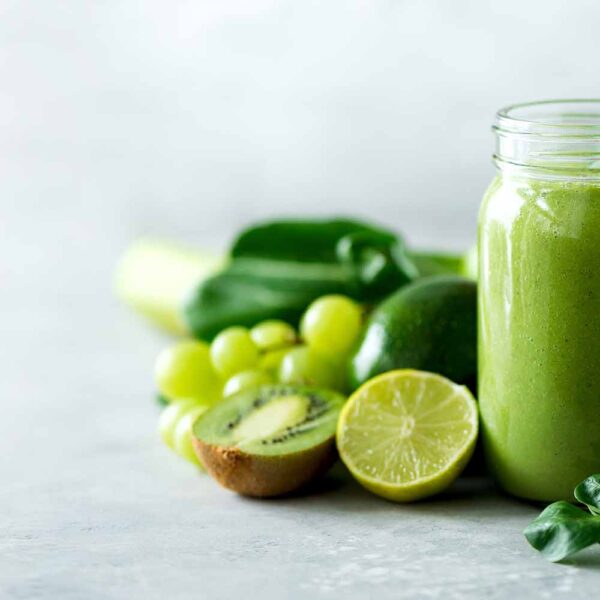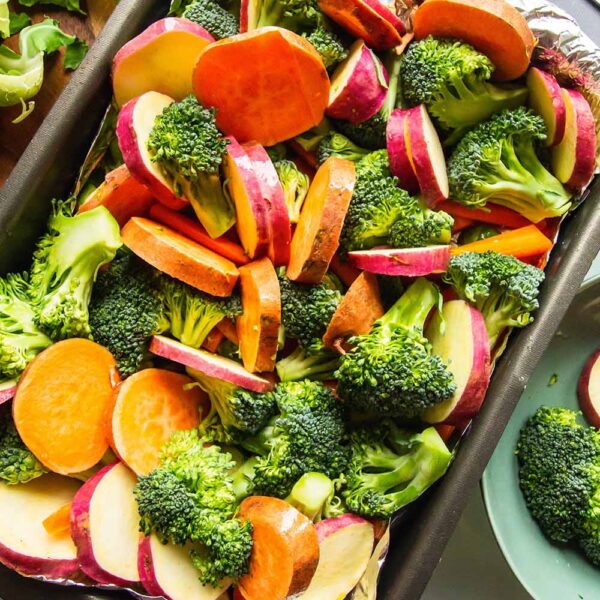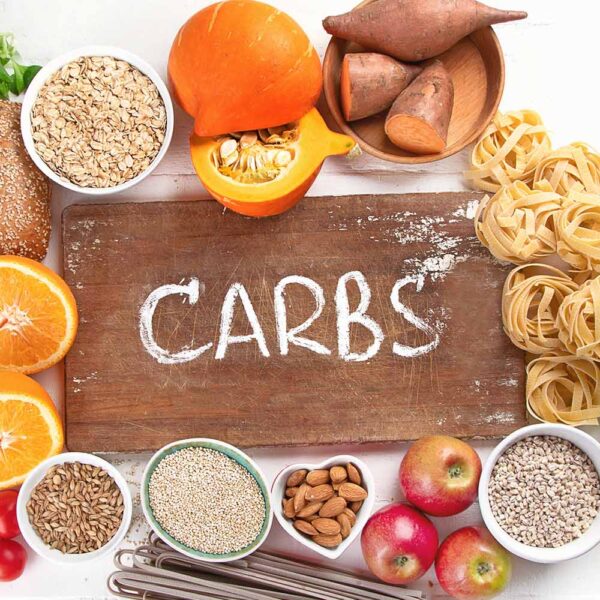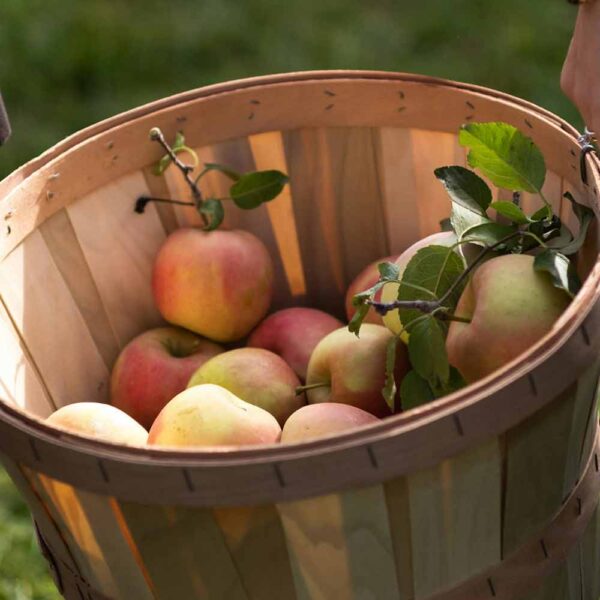Constipation is a common issue that can affect anyone, no matter their age. It could range from finding it a bit tricky to completely empty your bowels, not going to the bathroom as often as you should, or not having a bowel movement for multiple days.
When you’re dealing with constipation, your bathroom experiences might involve stools that are hard, lumpy, or even strangely big or small. The seriousness of constipation can vary from person to person. Some folks might only deal with it for a little while, but for others, it can turn into a more ongoing thing, causing quite a bit of discomfort and affecting how they go about their daily lives.
There are several factors that can play a role in the onset of constipation. Things like not getting enough fibre in your diet (healthy and organic fruits, veggies, and cereals), a change in your usual routine or how you eat, not paying attention when nature calls, certain medications’ side effects, not drinking enough fluids, and even feelings of anxiety or depression can all contribute. A high-protein diet can also bring on mild constipation as protein makes you feel full sooner, causing people to neglect fibre in their diet.
When it comes to tackling constipation, the first step is usually making some changes to your lifestyle and diet. Try adding more fiber into your meals slowly, make sure you’re sipping enough fluids throughout the day, and hey, getting a bit more exercise in there could help too. Just a few tweaks can make a world of difference!
Here are some ways to add more fibre to your food:
- 3g per medium artichoke (cooked)
- ½ an Avocado 6.7-9g
- Broccoli 5.1g (1 cup cooked)
- Brussels Sprouts 4.3 (1 cup cooked)
- Boiled green leafy veg provide a whopping 5g per cup
- Berries are up around 8g a cup
- Cabbage 4g a cup, cooked
- Chia seeds 5.5g per tablespoon
- Flaxseed meal (make this yourself) – 2 tablespoons contain 3.8g fibre
- Green beans 17g per cup, cooked
- Kohlrabi raw 1 cup 5g
- Kale 3g 1 cup raw
- Nuts and seeds are relatively high at around 2.7-just on 4g per 28g
- Add psyllium husks if all else fails.
- Onions and garlic are good ways to feed flora, and have some fibre.
Remember just as you need to eat good food daily to remain healthy, so your flora need daily feeding with fibre to remain at a healthy level.
REFERENCES:







